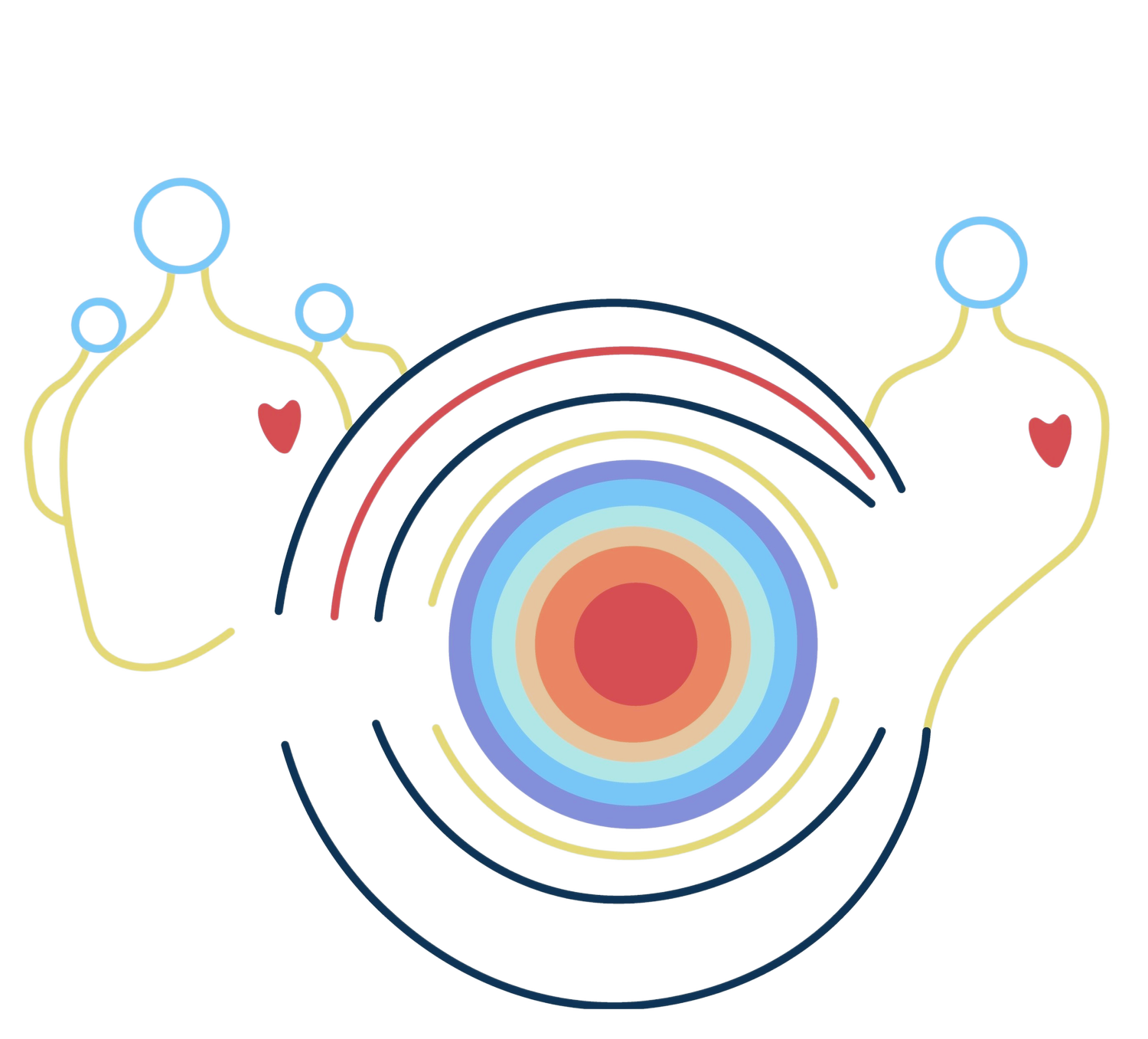Alternative Dispute Resolution 2024
A thought experiment: Rewriting our child protection stories through an ADR lens
February 12, 2024.
presenters: Brooke Richardson The Child Welfare TRUTH-Telling Collective: Member
Nicole Handrigan The Child Welfare TRUTH-Telling Collective: Member
Cheryl Smith The Child Welfare TRUTH-Telling Collective: Founding Member
Introduction by: Ashley Gosse The Child Welfare TRUTH-Telling Collective: MSW Student on placement
abstract: Family group conferencing/alternative dispute resolution (ADR) is increasingly acknowledged as “best” practice in child protection, but the practice is underutilized. Ontario legislation requires ADR be a “consideration” when a child is deemed in “need of protection”. Consideration is not a guarantee that the process will be implemented as should be required.
The presenters shared their lived experiences and how the required use of ADR would be a step towards positive change. It is essential that the parents, children, and family be a part of the process within child welfare and the use of the ADR process could assist in doing this successfully. Rather, when considering the ADR process is all that is needed under legislation it provides an opportunity to forego the option. We argue that ADR should not be optional. It should be a requirement in every child welfare organization.
Addressing the power imbalance between family groups and the child welfare system
February 12, 2024.
Presenters: Merilee Sherry, The Child Welfare TRUTH-Telling Collective: Founding Member
Anita Horner, The Child Welfare TRUTH-Telling Collective: Member
Child welfare holds mandated authority to intervene when a child is or may be in need of protection. A significant challenge for FGC/FGDM coordinators is navigating the power imbalance between the child welfare system and family groups in ways that create space for the family group’s wisdom and love to lead decision-making for their beloved children while preventing further empowerment of child welfare’s ‘separation creates safety’ colonizing code.
Come join us for a conversation about ways ADR practitioners can carve out more space for inclusion and connection creating safety within a system that is built for separation creating safety.
